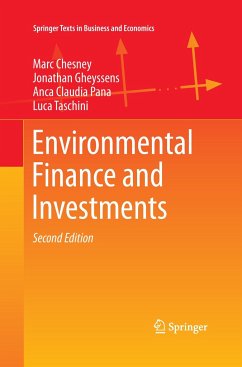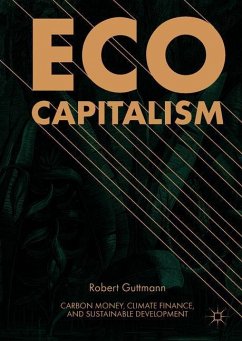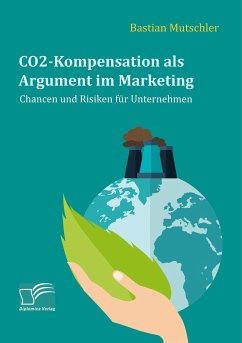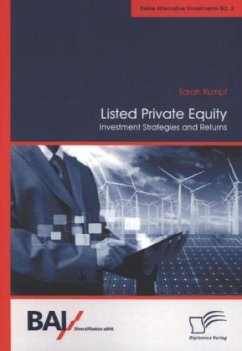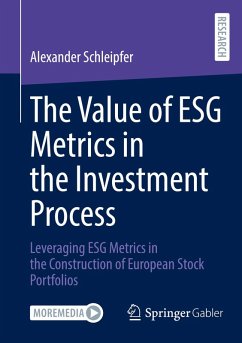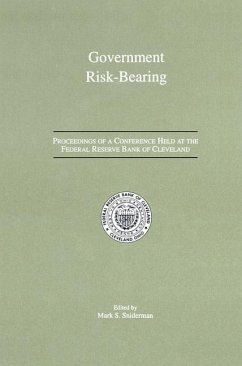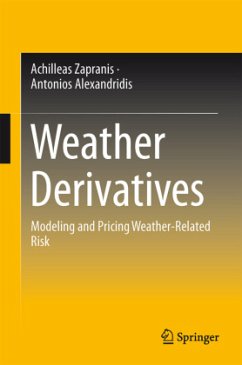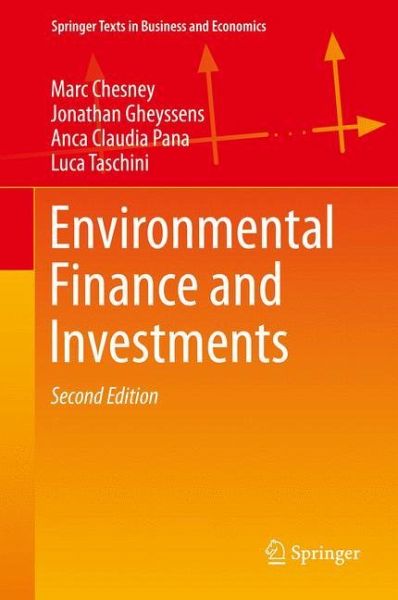
Environmental Finance and Investments
Versandkostenfrei!
Versandfertig in 6-10 Tagen
61,99 €
inkl. MwSt.
Weitere Ausgaben:

PAYBACK Punkte
31 °P sammeln!
This textbook provides an introduction to environmental finance and investments. The current situation raises fundamental questions that this book aims to address. Under which conditions could carbon pricing schemes contribute to a significant decrease in emissions? What are the new investment strategies that the Kyoto Protocol and the emerging carbon pricing schemes around the world should promote? In the context of carbon regulation through emission trading schemes, what is the trade-off between production, technological changes, and pollution?What is the nature of the relation between econo...
This textbook provides an introduction to environmental finance and investments. The current situation raises fundamental questions that this book aims to address. Under which conditions could carbon pricing schemes contribute to a significant decrease in emissions? What are the new investment strategies that the Kyoto Protocol and the emerging carbon pricing schemes around the world should promote? In the context of carbon regulation through emission trading schemes, what is the trade-off between production, technological changes, and pollution?
What is the nature of the relation between economic growth and the environment?
This book intends to provide students and practitioners with the knowledge and the theoretical tools necessary to answer these and other related questions in the context of the so-called environmental finance theory. This is a new research strand that investigates the economic, financial, and managerial impacts of carbon pricing policies.
What is the nature of the relation between economic growth and the environment?
This book intends to provide students and practitioners with the knowledge and the theoretical tools necessary to answer these and other related questions in the context of the so-called environmental finance theory. This is a new research strand that investigates the economic, financial, and managerial impacts of carbon pricing policies.





